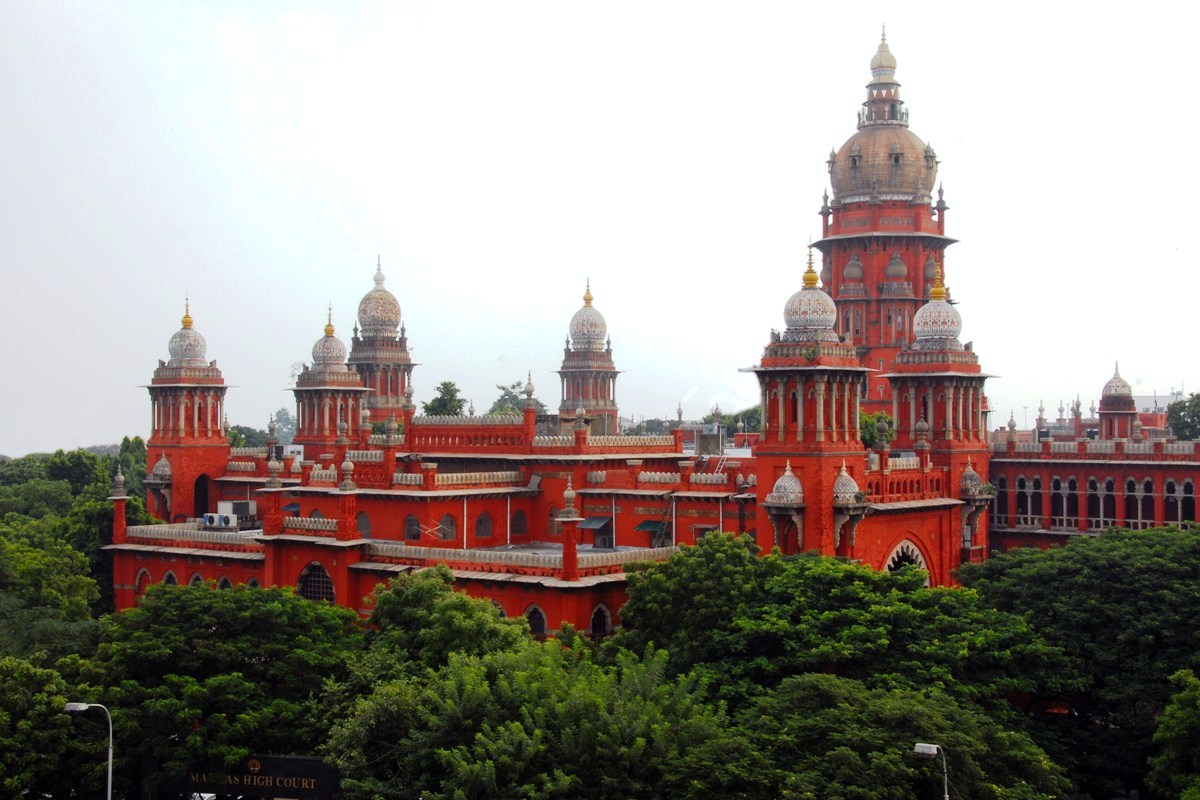HC questions TN govt for allotting huge land to commercial institutions

- Country:
- India
The Madras High Court has questioned the action by Tamil Nadu authorities in allotting huge extent of land to commercial institutions when steps were being initiated to evict encroachers from government lands in the state. Justice S M Subramaniam made the observation while disposing of a petition from the Vellore Institute of Technology (VIT), deemed university, seeking to order the state government to allot a further 41.92 acres of land at Katpadi in Vellore district to it.
Justifying the rejection order passed by the Revenue Secretary, the judge said, "the writ petitioner is a private institution. The petitioner had already been assigned with land by the government of Tamil Nadu to an extent of 98.80 acres from and out of the said assignment of the land, the writ petitioners are making a profit by running the institution." The petitioner, VIT, being a profit making institution can purchase "patta" lands for development of its institution, he said.
Observing that when the state is actively initiating steps to evict encroachers from government land to the minimum extent of one or two cents for their livelihood, the judge wanted to know on what basis was the state justified in allotting huge extent of land to commercial institutions either free of cost or by collecting a meagre amount.
The judge said 41.92 acres of land had already been allotted in favour of the Sports Development Authority of Tamil Nadu for the purpose of developing the infrastructure facilities for sportspersons and added that development of multipurpose stadiums and sports infrastructure facilities was a long-pending issue in Vellore. Justice Subramaniam said a private institution can never claim as a matter of legal right allotment of government land to it.
"The assignment of lands are to be granted strictly in accordance with the principles of necessity and in the interest of the public. Even the state cannot have any powers to assign the land at their whims and fancies," he said in the order. "The citizens are the owners in respect of the state poramboke lands and we the people of India, is empowered to utilise all such public lands for the interest of the public at large and for the implementation of the welfare schemes to be implemented by the State," the judge said.
He also observed that for the development of a private educational institution, the state cannot part with valuable government lands depriving the Constitutional rights of all other citizens in general. "Assigning or allotting of such government poramboke lands in favour of a few private individuals, undoubtedly infringes the rights of all other citizens. When the Constitutional rights of all other citizens are being infringed, this court is of an undoubted opinion that the state has no power under the Constitution to cause an infringement of the rights of the citizens," the judge said.
He further said assigning of poramboke lands should be made strictly for the benefit of the people and in order to improve the status both economically and socially to the citizens. Normally such assignments and allotments of lands are provided to the poor landless people by implementing various schemes by the government, he observed.
"However, the trend of allotting such huge extent of land in favour of certain private persons are being developed which all are mostly on extraneous considerations and more specifically, on favouritism and nepotism. Such a decision taken by the state can never be construed in consonance with the principles of the Constitution," the judge said. He said the state is paving way for such commercial institutions to accumulate wealth and thereby, depriving the poor to get their right of livelihood or to achieve the goal of equality in status, both economically and socially.
"Thus, the very act of the state in assigning such vast extent of land in favour of few educational institutions or to any other institutions is definitely infringing the rights of the citizen at large and affects the very principles enunciated in the Constitution," Justice Subramaniam observed. The judge also directed the government to protect the land in question, if necessary, by fencing the same and accordingly, implement the public welfare scheme as approved, by constructing multipurpose sports stadium without any undue delay.
(With inputs from agencies.)
- READ MORE ON:
- Land development
- Land use
- Land reform
- Financial institution
- Educational institution
- United Group of Institutions
- Certificate authority
- State government
- Citizens Financial Group
- Health insurance
- United States nationality law
- Tamil Nadu
- Government of Tamil Nadu
- Elections in Tamil Nadu
- Justice League
- Young Justice
- Social justice
- Madras High Court
- Moot court
- Legal case
ALSO READ
I request refugees to apply for citizenship under CAA, I assure there won't be any problem: Amit Shah in Balurghat.
Congress wants welfare not of citizens, but of its leaders: CM Dhami
President Murmu greets citizens on eve of Eid-ul-Fitr
TMC MP Mamata Bala Thakur questions exclusion of non-BJP aligned people from citizenship under CAA
France tells French citizens not to travel to Iran, Lebanon, Israel, Palestinian Territories










